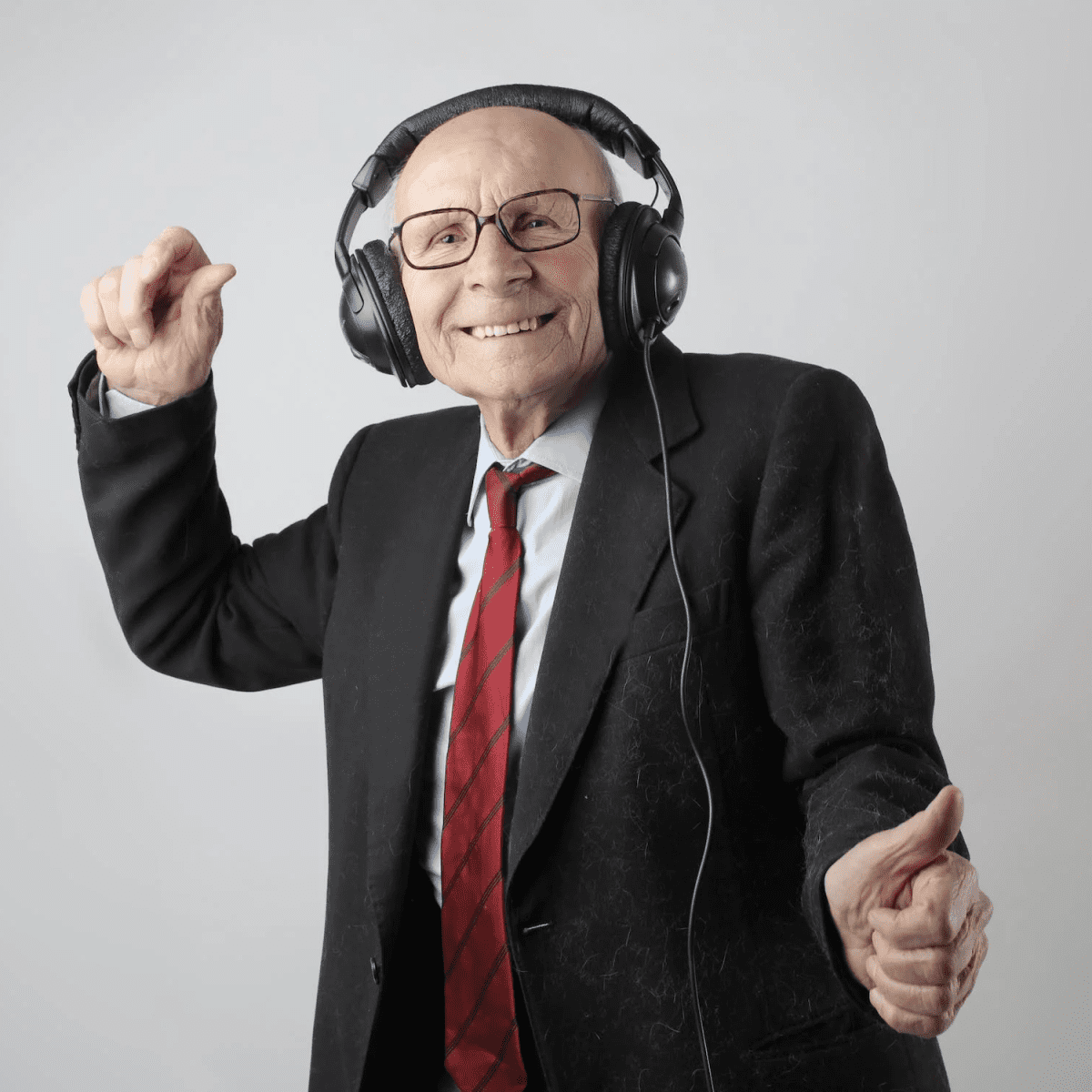Music can be a potent medium and an integral part of our everyday lives. Music envelopes, from advertisements to anthems, from nursery rhymes to the self-repeating jingles we use like a memory device.
Inside your teenage life, a lot of your pals likely heard precisely the same, or similar, music and artists. Shared music can certainly produce a sense of community and togetherness, potentially introducing that you people you would haven’t met.

Certainly one of music’s main benefits is bringing together people that may well not otherwise know the other person. For fogeys or grandparents who cannot communicate as effectively due to medical or language barriers, songs, melodies, and sounds brings unity without the need for words.
Sometimes, culture could possibly get lost between generations, especially if languages aren’t offered. Music can connect the older and younger generations that assist preserve culture, as parents or grandparents often share cultural traditions and stories through songs or teaching instruments.
Encourages exercise and health
Whenever they hear a great beat, a lot of people can’t help but move a little – regardless of whether they “can’t dance.” Whether your beloved is regularly at the gym, would rather continue walks, or perhaps wants to dance, music is an excellent way to get them through to their feet.
Being active is important to the home chef since it strengthens muscle tissue and bones, reduces the risk of disease and illness, and improves overall mobility and excellence of life. Some people aren’t keen on a fitness center, but that’s not the only approach to exercise! An excellent song will get your heart pumping along with your body moving.
Can improve mental health
Music can drastically affect our feelings while stating of mind. It’s got proven to reach deep emotional regions of your brain and evoke strong emotions. Happy, joyful music triggers our brain’s dopamine receptors, which ends up in mood boosts along with a better lifestyle. In comparison, sad music has a tendency to possess the opposite effect.
How you feel may do the same depending on the form of music you listen to. For instance, when visiting the gym, athletes often play hype music to enable them to push for his or her best, and composers use intense music to trigger fear, surprise, and suspense in film scores.
Music might help those who are afflicted by anxiety or depression by calming and reducing those feelings. Some therapists make use of music to discover emotions individuals don’t necessarily hold the words to express.
The best songs for seniors are those which means that something for them. Ask the one you love with regards to their favourite songs, or introduce these phones something new!
It improves concentration while focusing.
Playing an instrument is a good way to build concentration and focus. Many new skills require steady attention and perseverance to perfect. Studies show that learning a guitar strengthens the brain in the brain, fosters more communication between the all over the place sides in the brain, and improves overall cognitive ability.
Because of this, people that play musical instruments have better concentration, memory, fine motor skills, and overall brain strength. This truth remains true even if you started learning just as one adult.
If your cherished one has always aspired to study music, get them to achieve this. Furthermore learning a device improve cognitive function, but it’s also fun! It might introduce new friends and new experiences.
Music is connected to memory.
Sound can be a close second to smell in relation to probably the most memory-linked senses. Music has a distinct strategy for triggering our memory, as certain sounds and songs often point out memorable moments we keep near our hearts. They are able to help bring us back to the places we’ve been that assist us remember the people we knew.
Therapists recommend or integrate music therapy for all those with Alzheimer’s or dementia. Regardless of the condition, music often revives memories that could otherwise be forgotten. For musicians especially, there are most all cases where muscle memory starts, and despite the presence of dementia, they could play and improvise songs perfectly.
However, the most typical use of tunes and melodies is usually to ease the anxiety and depression that can come using the diagnosis and progression of dementia. Experts say the best music for seniors with dementia is familiar, calming or happy.
Even though your parent or grandparent doesn’t have dementia, music can revive fond memories and transport them back to “the good ol’ days.”
To inspire a healthier lifestyle, many of our locations have music programs to supplement our memory care program and improve our residents’ total well being. As an example, our Seasons Amherstburg location hosts weekly music days where our staff connect with residents to assist them to feel cared for and included.
The best way to strengthen your cherished one incorporate music in their lives
Given that you’re acquainted with a few of the important things about music, here are a few methods for you to integrate the advantage of music into the parent or grandparent’s lifestyle:
Curate a playlist with a CD or a music-playing website (i.e., YouTube, Spotify, etc.).
Find live music in your neighborhood. (i.e., A jazz bar, a school band or possibly a musical theatre show).
Introduce the crooks to a music streaming platform and make them learn using it to find their favourite songs.
Recommend music therapy.
Encourage them to learn a musical instrument, sing or dance.
Cause them to enroll in a dance class or choir group with a community centre or church.
Conclusion
Music is often a beautiful approach to express the things which is not expressed through words. Hence, it’s an excellent way for seniors to alleviate stress, grow their mood, and increase their overall outlook on life.
To read more about retirement songs browse our web portal
